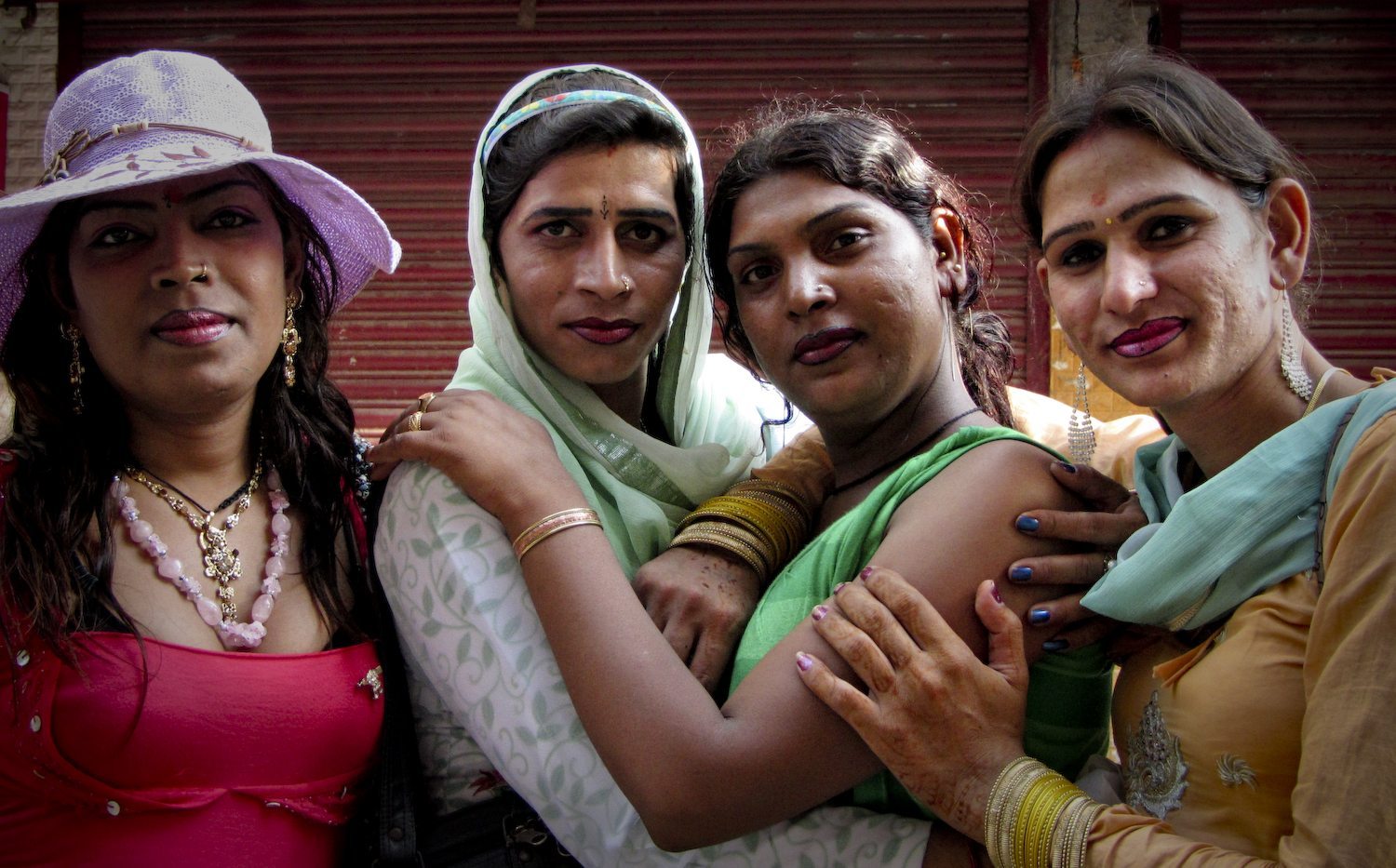Hijra: The Third Sex
Earlier this month, the Bangladeshi government followed the example set by neighbours India and Pakistan in recognising hijras as a separate sex in official documentation. Hijras are people who are born male but do not identify as such. Some of them choose to identify as female but the vast majority are considered ‘undefined’. Although the term can also apply to those with intersexual physiologies, hijras are traditionally seen as male ‘sexual deviants’ and the term is loaded with social prejudices and negative connotations. In fact, the word is often used as a derogatory slur against any non-heterosexual person, male or female.
Hijras traditionally live in segregated communities – sometimes voluntarily, usually by lack of choice – which act as safe havens under the leadership of elders. Boys are sometimes even left there by their families, both to ensure a safer future for them and to avoid the shame associated with them. Despite the security afforded within the communities, hijras lead difficult lives, often resorting to unprotected sex work and facing harsh discrimination in the outside world.
Given this intolerance, the move by the government has largely been seen as a positive move by rights groups. In many ways, it is a revolutionary decision – even with the precedent of other South Asian nations doing the same – in a country that is extremely conservative with regards to sexual rights. It is the first time in Bangladesh’s history that legislation has explicitly gone against heteronormative expectations. By contrast, homosexuality is still illegal and can often have violent repercussions.
It is difficult to say how this will work out in the larger equality debate. On the one hand, allowing for a separate sex means that hijras who do not self-identify as either male or female now have the legal right to do so. It also means that intersex individuals who either cannot afford surgical procedures or choose not to pursue them are theoretically afforded equal standing as single-sex citizens.
However, the negative ramifications of the legislation, largely ignored in Bangladesh, are worrying. The new ‘third sex’ does not address any of the socio-economic or political inequalities faced by hijras. While they are now free to choose a new label, they are not afforded any practical protection from discrimination or violence. If anything, it reinforces the idea that hijras are different – and therefore unusual – because there is no accompanying information campaign that states otherwise. Not to mention the fact that this legislation firmly ignores the notion of sexual identity versus simple sex and sexuality, a nuance that is unsurprisingly lost in South Asia but is no less important.
I hope that this is simply the first step towards greater equality and tolerance in a country that is grossly lagging behind the rest of the world. However, if this is the only step the government takes in this regard, it is a meaningless gesture that will not change anything for the better and could change things for the worse.
[divider]
Header image – flickr/danielofredorota

Comments (1)
Yes